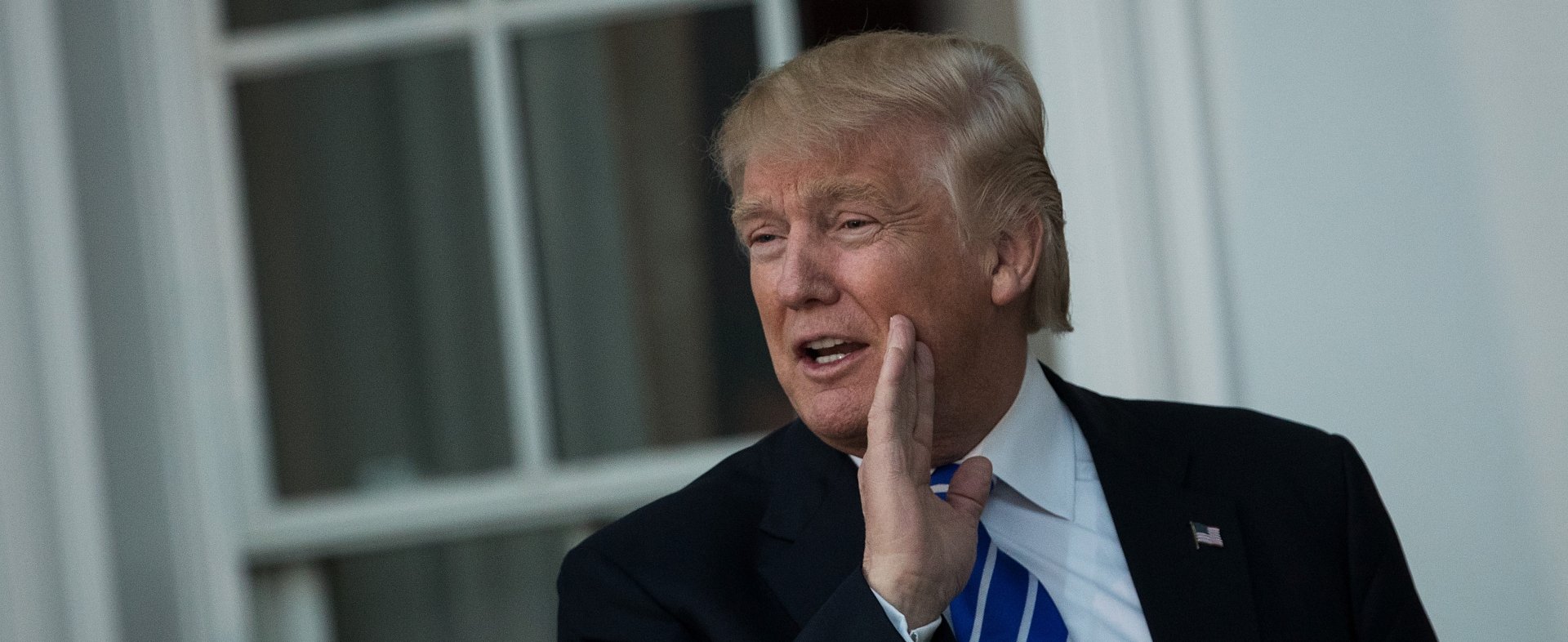In October 2015, the political satire ‘Servant of the People’ premiered on Ukrainian television. It tells the story of a teacher who unexpectedly wins the country’s presidential election, after a recording of him ranting about government corruption goes viral. Less than four years later, the star of the show, Volodymyr Zelensky, a comedian with no political experience, was inaugurated as the President of Ukraine.
While this meteoric political rise is undoubtedly remarkable in a global context, it does reflect the developing role of comedians in politics. Late-night comedy shows in the US have become dominated by ‘hot takes’ on the Trump administration, with the special guests increasingly hailing from Washington, not Hollywood. The positive role that such commentary can play in informing audiences should certainly not be ignored. However, political comedy frequently, perhaps inherently, relies on exaggeration and caricaturing of key figures and affairs, consolidating antagonistic political platforms in which neither side can relate, let alone reach out, to their opposition.
At a time when politicians often face criticisms of being too disconnected from the average voter, humour allows them to seem more human, relatable, and perhaps even likeable. Effective political messaging about policies and ideologies will only ever resonate with a section of the electorate, while a well-delivered line can help reach out to otherwise dissuaded and disengaged voters.
The power of humour often comes in its potential to reaffirm voters’ existing perceptions of politicians. A joke told by a candidate you already support can demonstrate their wit and candour, while the same remark from a political adversary instead shows their immaturity and lack of concern for important issues. Campaigns are ultimately won through a combination of maintaining your existing voter base, and expanding your appeal to those who haven’t previously supported you. Humour’s efficacy with the latter may be minimal, but it can work well in galvanising your existing supporters, and the power of affirmation should not be underestimated.
However, like everything in a politician’s arsenal, humour is not without its risks. Then-presidential candidate Mitt Romney’s unconvincing claim that he “lived for laughter” did nothing but exacerbate the prevailing image of a robotic candidate who unwaveringly campaigned according to an encoded script.
The potential reputational damage is also only the beginning when it comes to harms from humour, where the risks extend far beyond the individual. Humour relies on surprising and shocking the audience, leading politicians to frequently turn to ‘trolling’ their opponents in order to attract attention and headlines. While jokes at your opponent’s expense are as established a part of political rhetoric as anecdotes and hyperbole, the reality is that vitriolic attacks masked as humour have a corrosive impact on political communications and democracy that is often vastly underestimated.
These kind of supposedly good-natured but ultimately malicious comments widen the ‘Overton window’ of discourse, that is, the range of ideas which are publicly accepted. Humour has the potential to normalise and validate comments and criticisms of opponents that would previously have gone unheard. It is easy for a politician to backtrack on a controversial comment by clarifying that it was ‘just a joke’, while such ‘jokes’ still allow them to test the waters of public discourse and see what kind of attacks and messaging provoke the right response from their supporters. It remains to be seen if Trump’s supposed “jokes” about running for an unconstitutional third term in 2024 remain just a harmless punchline.
The problem is exacerbated by the fact that politicians do not need to have harmful intentions when telling a joke at their opponent’s expense for harm to still be caused. The issue with trolling, or even well-intentioned humour, is that it forces the target of the joke into a no-win situation. They ultimately have two options, neither of which is likely to have a positive impact. Firstly, they have the option of responding to the joke, which can draw further attention to the comedic comment and potentially lead to criticism that they are far too humourless and out of touch by not being able to laugh at themselves. Secondly, they can ignore these comments, which leads to a normalisation of such remarks which could further hurt their reputation and polling.
Political discourse in recent years has become increasingly bitter and acrimonious, and whether intended or not, humour often feeds into this dysfunctional system. Even good-natured or self-deprecating humour facilitates more corrosive, but supposedly humorous, jokes being made which seek to mock, criticise and even humiliate those that stand against the politician or the party. While political satirists can play a vital role in helping ordinary people make sense and make light of these increasingly turbulent times, politicians should perhaps learn to stick to their day jobs and leave the comedy to the comedians. Cheap jokes about their opponents and adversaries come at the expense of meaningful political discourse, and that’s really no laughing matter.

